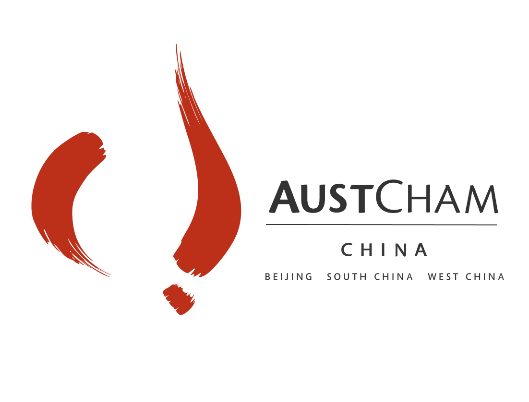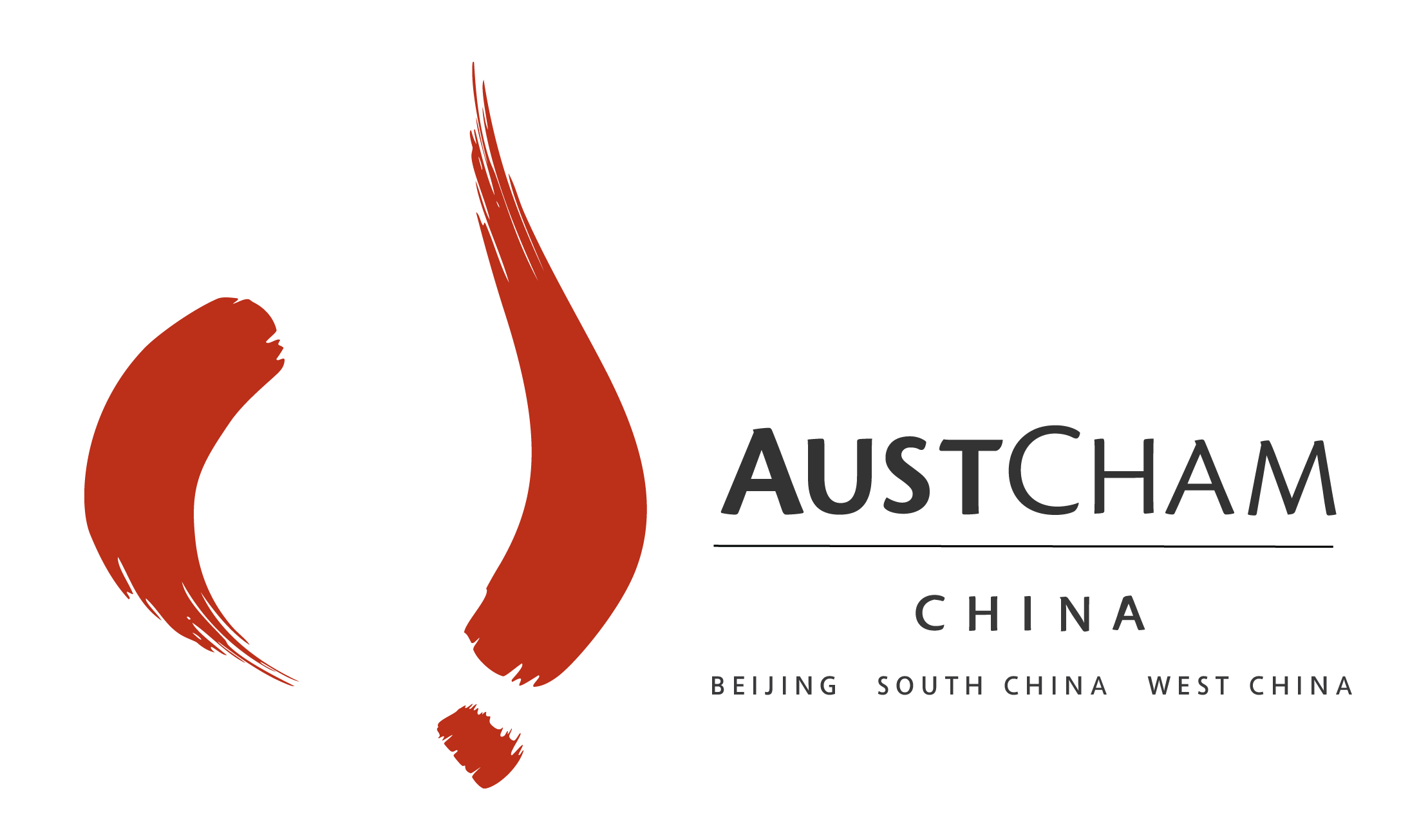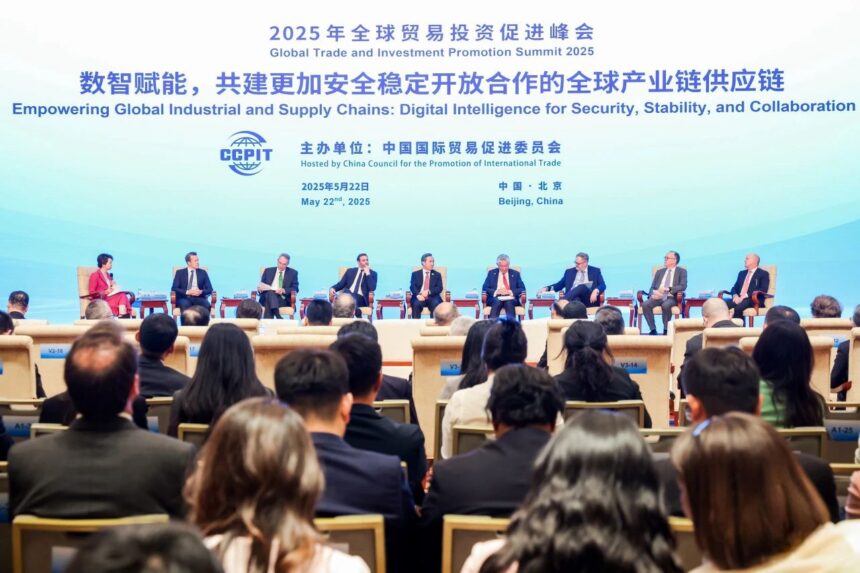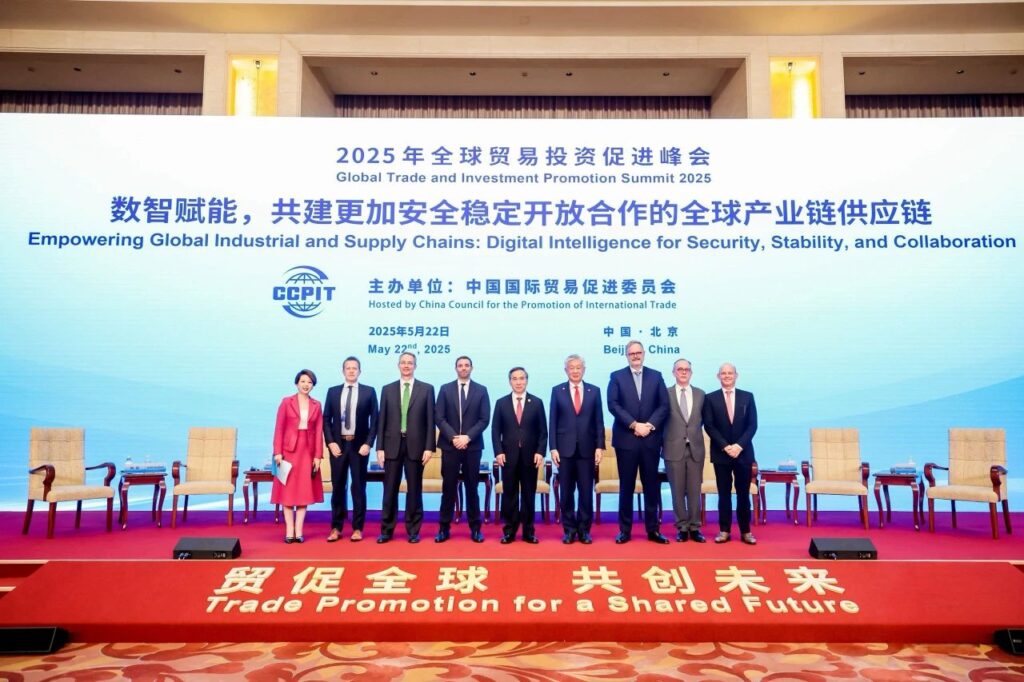On 22 May 2025, AustCham China Chair Vaughn Barber, along with CEO Tian Zhang and COO Nathan Hou, participated in the Global Trade and Investment Promotion Summit 2025, hosted by the China Council for the Promotion of International Trade (CCPIT). The summit featured a keynote address by HE Han Zheng, Vice President of the People’s Republic of China, highlighting China’s commitment to strengthening global trade and investment.
During the summit, Chair Vaughn Barber took part in the plenary session: Empowering Global Industrial and Supply Chains – Digital Intelligence for Security, Stability, and Collaboration.
Mr. Barber’s opening remarks underscored the challenges facing global supply chains today, including rising protectionism and business uncertainty. He referenced the Australian Trade Minister’s clear message to do more business with China, which reflects the sustained commitment of Australian companies to the Chinese market.
“With the bilateral relationship stabilizing and trade barriers easing, Chinese and Australian businesses are deepening collaboration across sectors. The partnership is evolving beyond traditional resource exports into future-focused areas like clean energy, consumer markets, services, and innovation. The foundations are strong, and the next chapter is just beginning. There’s a lot of untapped potential — and we’re only starting to scratch the surface.” said Barber.
Vaughn Barber emphasized that securing safer, more stable supply chains requires investment, not just trade. While trade agreements expand market access, long-term resilience comes from investing in local infrastructure, production, and logistics. He highlighted successful China-Australia partnerships in resource extraction and the emerging opportunities in renewables, EVs, and advanced manufacturing.
Crucially, he underscored the significant, yet often overlooked, potential of agribusiness. Australia is positioned to be China’s reliable supplier of safe, high-quality food and agricultural products.
Digital innovations, such as blockchain for traceability and digital platforms for logistics optimization, are accelerating this progress, ensuring faster, more efficient delivery of Australian goods to meet China’s growing demand.
The ultimate aim, Barber stated, is not just safer supply chains, but smarter, more transparent ones fostering trust and mutual benefit.
In response to the question on how China’s digital trade ecosystem benefits Australia-China trade, Vaughn Barber highlighted its transformative impact. E-commerce platforms like Alibaba, JD.com, and TikTok provide crucial market access for both countries, offering consumers more choice and competitive pricing.
For Australian exporters, these platforms goldmines of real-time consumer data that help refine products, sharpen marketing, and build brand loyalty – particularly in premium sectors like health products, wine, and gourmet foods where Chinese consumers demand both quality and verifiable authenticity. Secure payment systems and buyer verification reduce risks, particularly for SMEs. Furthermore, technologies like blockchain enhance transparency, building trust with Chinese consumers who prioritize safety and traceability.
Chinese companies like Temu are reshaping Australia’s retail landscape through predictive analytics and just-in-time manufacturing, setting new benchmarks for speed and affordability that challenge local businesses to innovate. The Team Global Express-SF Express partnership exemplifies improved logistics, facilitating faster delivery of Australian goods to Chinese consumers and opening up Australian regional markets to Chinese exporters. This digital ecosystem is not just boosting trade; it’s raising the bar for speed, transparency, and customer-centricity.
Regarding the impact of the Albanese government’s re-election on cooperation between Chinese and Australian companies, Mr. Barber said that the Albanese Government’s decisive re-election with 92 seats signals continuity in its pragmatic China approach – maintaining independence while engaging constructively.
This stability creates ideal conditions for sustained investment and new Chinese participation in Australia’s “Future Made in Australia(FMIA)” initiative.
This strong mandate will likely accelerate focus on sovereign manufacturing and green energy, areas ripe for collaboration where Chinese investors can contribute capital and expertise.
The re-election ultimately offers three key advantages: stable relations for business planning, strategic alignment through FMIA partnerships, and the potential for improved investment frameworks that address economic security concerns while fostering deeper commercial ties between China and Australia.
Vaughn Barber concluded by emphasizing the vital role of the China-Australia partnership for mutual growth. He stressed the need for digitalization, transparent supply chains, and strategic investment in areas like renewables and advanced manufacturing to build resilient trade networks.
Despite global trade headwinds, Australia continues to serve as China’s trusted supplier of high-quality goods—a role AustCham China is committed to strengthening. Through proactive market engagement and strategic local partnerships, we help member companies navigate challenges while unlocking opportunities in key sectors such as agribusiness, healthcare, and green energy.
We extend our sincere gratitude to CCPIT and look forward to deepening our collaboration. AustCham China remains dedicated to facilitating cross-border partnerships that drive mutual growth.




